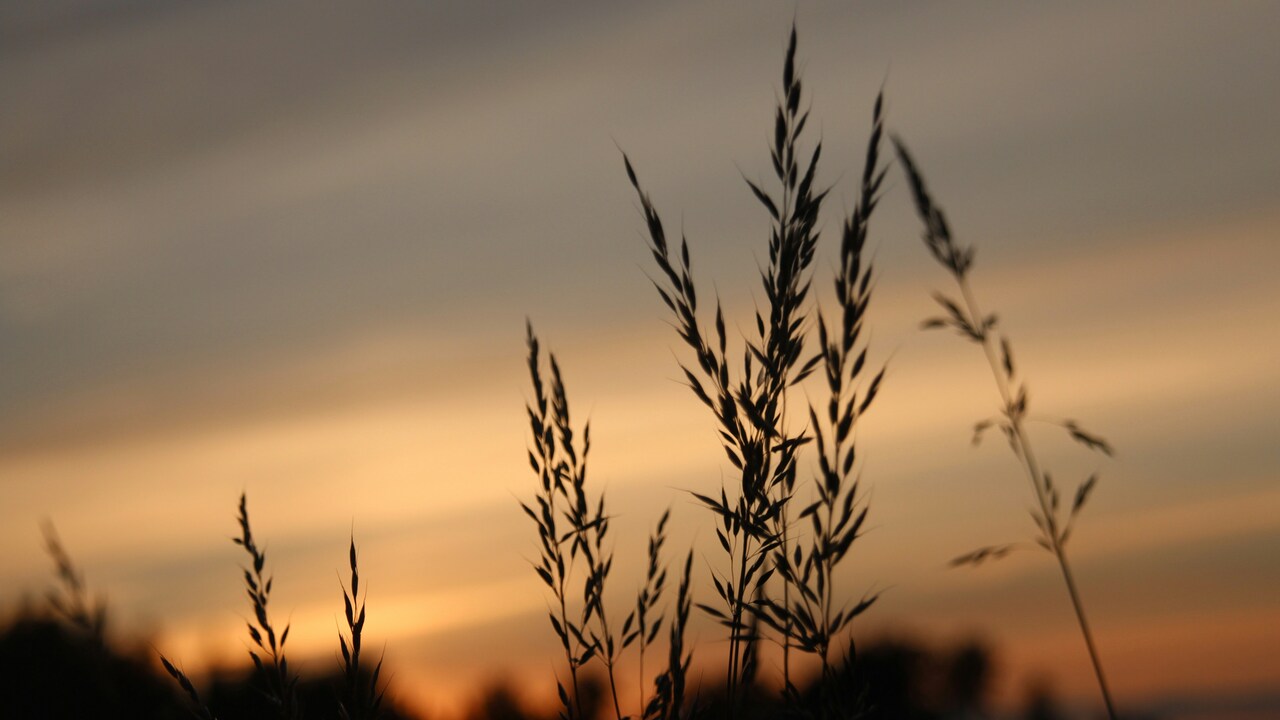Wheat seeds that remained in space for more than 1.5 years showed surprisingly high germination – over 80%. This figure is significantly higher than other crops participating in the experiment on the ISS, said Kirill Golokhvast, director of the Siberian Federal Scientific Center for Agricultural Biotechnology of the Russian Academy of Sciences at the Technoprom-2024 forum. He noted that among the crops tested, in addition to wheat, rapeseed, chickpeas, peas and soybeans were also tested.
Rapeseed took second place in terms of germination, while soybeans showed the lowest results. This surprised scientists, because on Earth soybeans are characterized by high yields. Golokhvast explained that the seeds spent more than 180 days in the spacecraft. The main purpose of the experiment was to determine the unique characteristics of crop yields after a long stay in space. However, no deviations from terrestrial analogues were found.
It was previously reported that in November 2023, researchers from the Federal Scientific Center of the Russian Academy of Sciences plan to plant soybean seeds that spent two years in the outer part of the ISS to test their germination as part of the Roscosmos Biorisk experiment. This will help scientists understand which seeds survive best during long-term space travel. Three institutes are participating in the experiment: SFSC RAS, the Vavilov All-Russian Institute of Plant Genetic Resources and the Far Eastern Chaika Federal Scientific Center for Agricultural Biotechnology through the Institute of Medical and Biological Problems of the Russian Academy of Sciences.
Source: Ferra
I am a professional journalist and content creator with extensive experience writing for news websites. I currently work as an author at Gadget Onus, where I specialize in covering hot news topics. My written pieces have been published on some of the biggest media outlets around the world, including The Guardian and BBC News.











